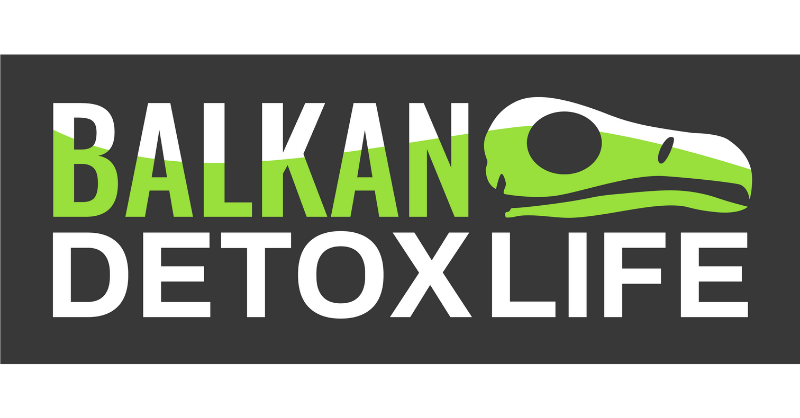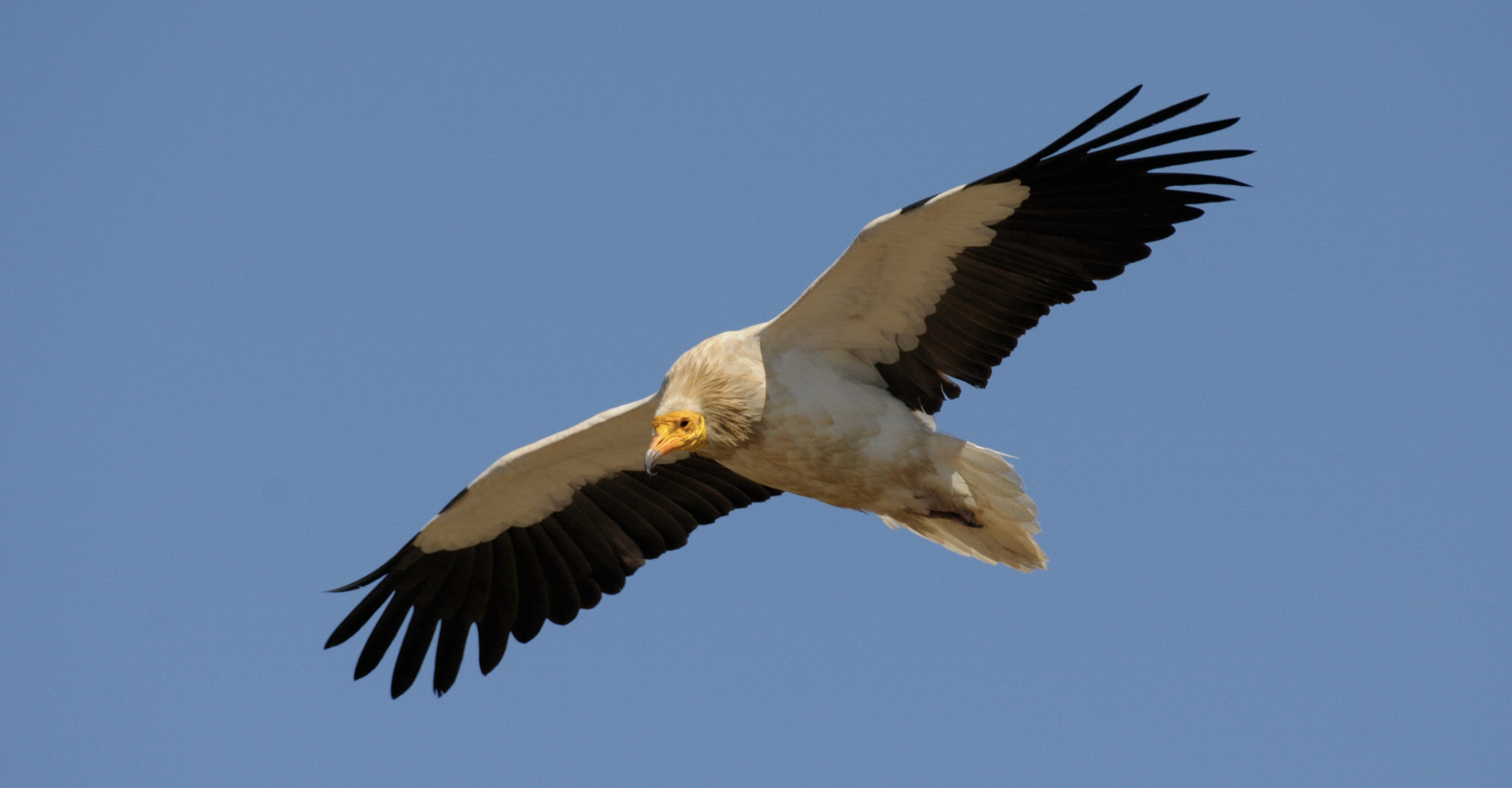
This summer, within the BalkanDetox LIFE project, our North Macedonian partners from the Маcedonian Ecological Society (MES) organised educational workshops in Vitoliste and Gorna Boshava. The focus of the workshops was to discuss the remaining vulture population and the problem of wildlife poisoning in the Republic of North Macedonia, which poses a significant threat to protected wildlife. Communication with relevant stakeholders is one of the most important parts of the project as it contributes to changing the local attitude towards the illegal and harmful practice of poison bait use. In an effort to raise local awareness, they described the motives behind this illegal practice and presented the adverse consequences it can pose to public health and the environment.
Raising awareness among key stakeholders

The main motive for using poison baits often comes down to conflicts between humans and wildlife. The main groups involved in the conflict are livestock breeders and game hunters targeting carnivorous predators such as wolves and bears. Poison baits are typically made with food pieces laced with toxic substances, usually pesticides such as an insecticide, rodenticide, fungicide, herbicide or molluscicide. There is also unintentional poisoning of wildlife when farmers use pesticides. In these cases, some species of birds are exposed to poisonous seeds. The decision to organise the workshops in these two locations was not accidental. According to data, the most common incidents of poisoning of wild animals are registered in the Mariovo region. At the same time, MES often conduct monitoring in the region due to the presence of vultures. Therefore, it is crucial to cooperate and communicate with the local communities in these areas.
Understanding the scale and scope of the problem
After the presentations, MES conducted questionnaires among local communities to determine what they know about the remaining vulture population in the country and how they perceive wildlife poisoning. The information gathered will prove useful in understanding the current perspective of the topic in this region. In the next four years, educational activities and workshops will be frequent and crucial for the success of the project. The participation of the local population in the topic is important and necessary to solve the problem.
The BalkanDetox LIFE project

The ‘BalkanDetox LIFE‘ project aims to strengthen national capacities to fight wildlife poisoning and raise awareness about the problem in Balkan countries. It is a five-year endeavour with a €1.8 million budget, which aims to raise awareness and strengthen national capacities to fight the problem of wildlife poisoning across Albania, Bosnia & Herzegovina, Bulgaria, Croatia, Greece, the Republic of North Macedonia and Serbia. It received funding from the EU’s LIFE Programme, and it is co-financed by the Vulture Conservation Foundation, the MAVA Foundation and Euronatur, as well as by the Whitley Fund for Nature and Environmental Protection and Energy Efficiency Fund for specific actions. Project partners are the Vulture Conservation Foundation as the coordinating beneficiary, and the Albanian Ornithological Society, Association BIOM, Bird Protection and Study Society of Serbia, Fund for Wild Flora and Fauna, Hellenic Ornithological Society, Macedonian Ecological Society, Ornitološko društvo NAŠE Ptice and the Protection and Preservation of Natural Environment in Albania as associated beneficiaries. Furthermore, this project is based on Spanish best practice experience and counts with the support from the Junta de Andalucía and the Spanish Ministry for the Ecological Transition and the Demographic Challenge.




